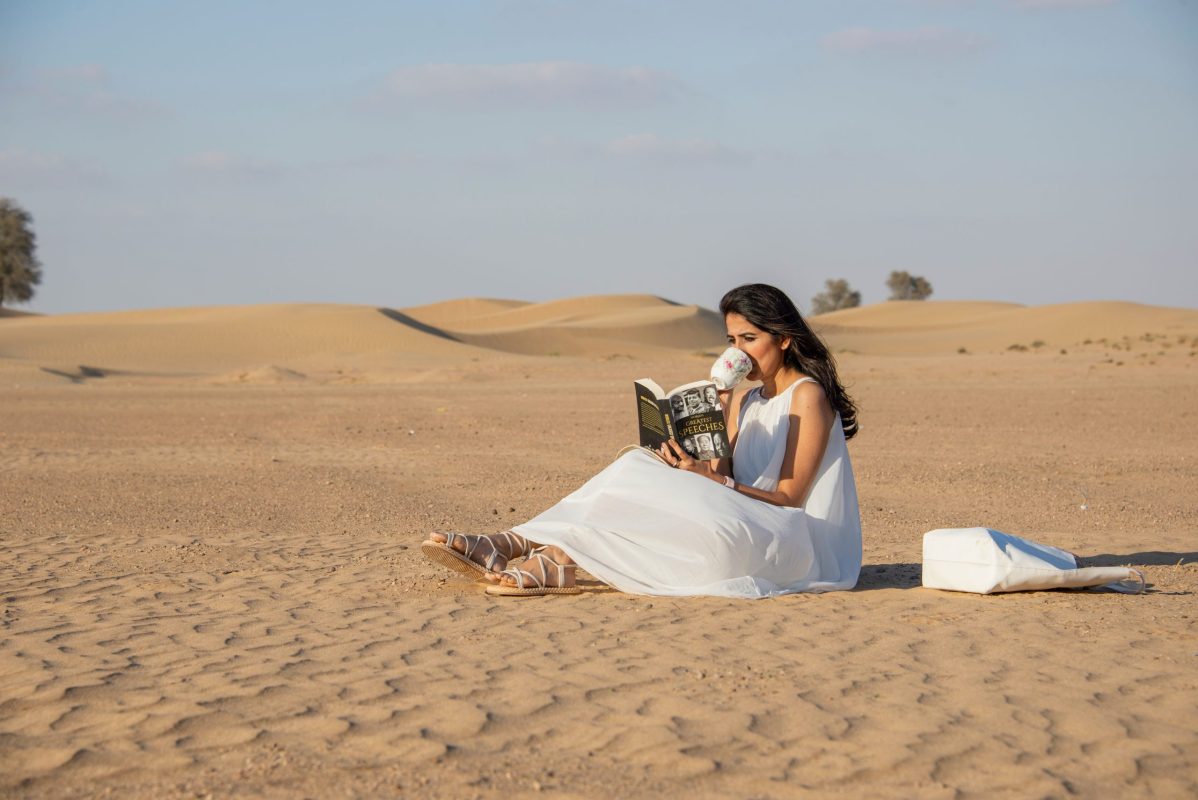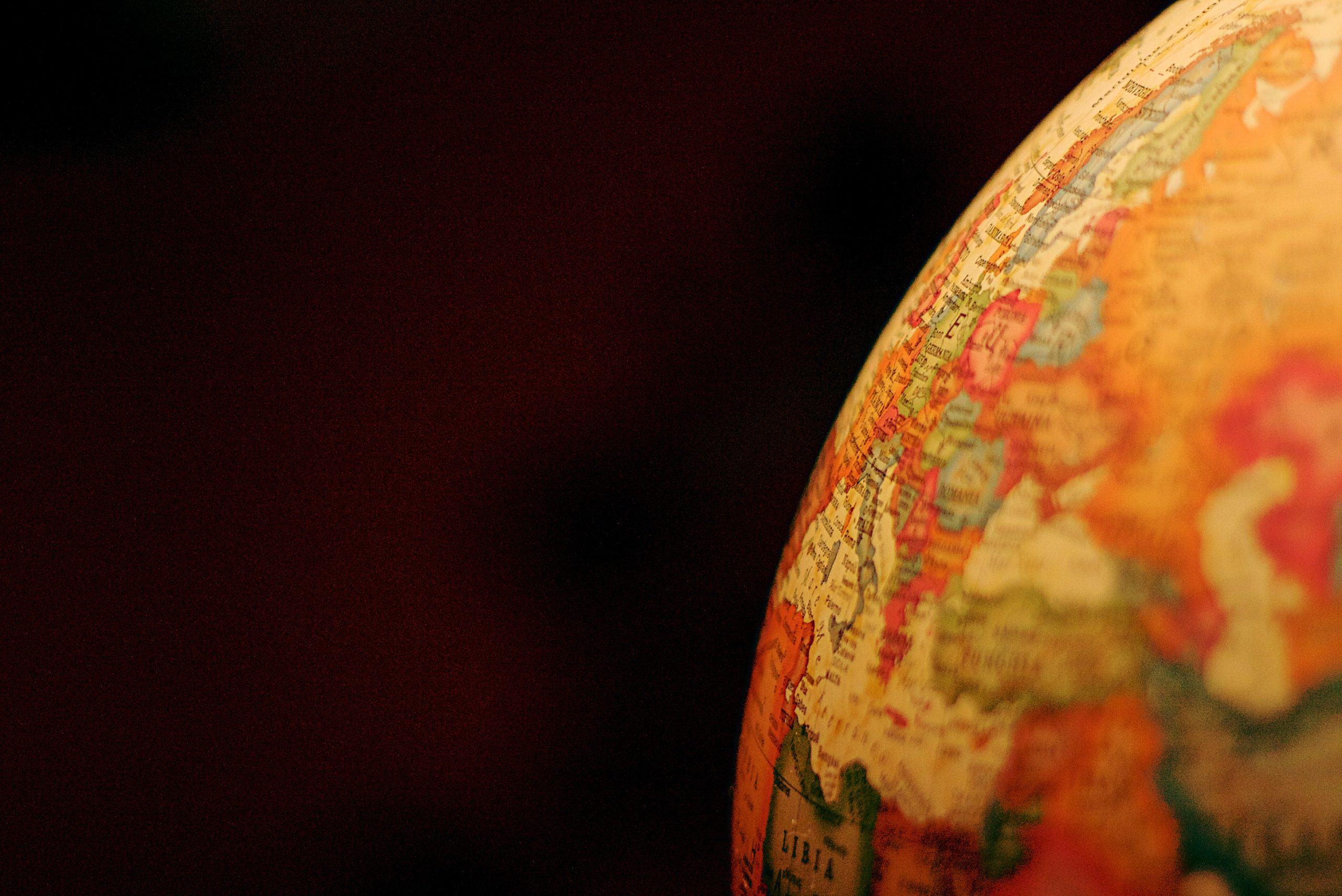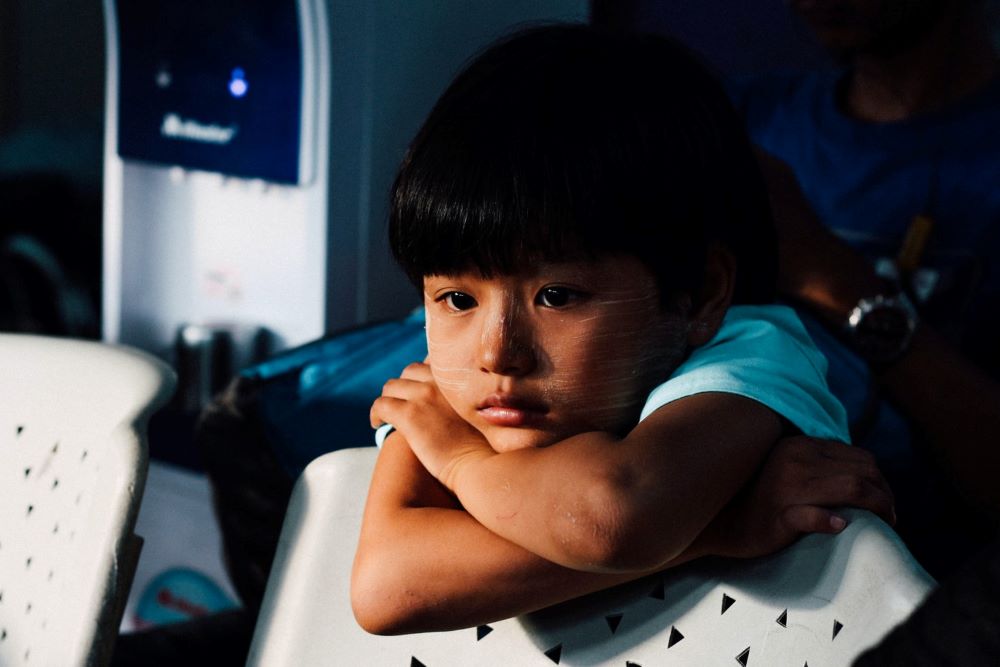interviews
A Memoir About Growing Up Undocumented in America
Marcelo Hernandez Castillo, author of "Children of the Land," on recording his family history

In his memoir Children of the Land, Marcelo Hernandez Castillo tells the story of growing up undocumented in California and having to navigate the convoluted and dehumanizing American immigration system.
Hernandez Castillo captures the emotional and psychological toll that being both invisible and surveilled from a young age has on someone as they grow older. Even after he’s achieved success as an educator and poet, Hernandez Castillo still feels the weight of anxiety and a disconnect from a sense of home. This memoir is also an act of bearing witness to his father’s story after deportation, his mother’s struggles with the immigration system, and their relationships to one another. He tells ancestral stories about his family’s many migrations—both voluntary and forced.
I spoke to Marcelo Hernandez Castillo about being vulnerable on the page in the act of creating this memoir, navigating familial stories even in the things left unsaid, and rethinking how we measure what we produce as poets.
Leticia Urieta: Why did now feel like the right time to write this book?
Marcelo Hernandez Castillo: I didn’t set out to write a book about this, mostly because I wasn’t ready at the time, having recently finished my first collection of poems, Cenzontle. I think it was an exercise in keeping myself busy, to start talking about my family in a more personal way because I had been private for so long. I even talked about it in the book, I think it still remains true how much I wanted to just confess or talk about it. I was at that tipping point where I was a balloon full of water and literally anything I got close to could have been a needle that just spilled it over.
I didn’t know this was happening after I finished Cenzontle, but I went into a very major depressive spell. I didn’t know at the time because I hadn’t been diagnosed, but I had my first severe symptoms of bipolar disorder. I had been in and out of therapy and psychiatrists and all that, but it was always just for depression or just for anxiety. I went and checked myself into a behavioral health clinic. And that’s when I started looking back at the book as a practice of what was happening with me personally. I kept a journal here, the big art book kind with thick pages and I put down my thoughts.
I don’t know if you have read Leslie Marmon Silko’s The Turquoise Ledge; it’s a nonfiction book about the time it took to write her novel, and it kind of felt like that for me. I don’t think I could have written that book now. I had to just check out, and I wasn’t thinking about the implications of the book or the thematic concerns, because it was just written in such a fury. I was angry that my mom had self deported. I was angry that I thought this was going to be the end of a long struggle and it wasn’t. And so writing this prose was the only thing that I was able to do in this manic state. I couldn’t write poetry at that time. Maybe poetry required more control on my part and required more of a balance of emotion. And I was very unbalanced at that time. So I don’t even think I could have written like a novel or fiction, it just had to be like a memoir.
LU: I really appreciated the raw honesty and vulnerability with which you discussed your struggles with anxiety and substance abuse as a coping mechanism and how that affected your relationship to yourself and your body.
I don’t think we get to see that kind of honesty often and when we do see those kinds of narratives, they’re often focused on people with privilege, and so you don’t always get to see that, especially in Latinx communities where talking about mental health in such a raw way is seen as weak or as airing your dirty laundry. Was it a struggle to be this vulnerable about your inner mental state on the page?
MHC: Yes, I mean some people have the luxury to have these experiences, as if it’s a luxury right? The other side of the coin is the guilt that you feel having these feelings because you are suddenly placed in that position by the community who might say, “You have nothing better to do or you have nothing else to worry about, this is selfish.”
I think back to my mom’s generation, how she had all of these things going on, but it was physically impossible to process them because of the amount of work, because of the amount of worry of raising three boys by herself, because of just the amount of pressure that was placed on her. She didn’t have the luxury of processing or even reflecting on joy or despair, or anything like that. She only had a reaction to how tired her body was.
I felt a lot of guilt; I mentioned it in the book when I went away for grad school that I wasn’t happy, and I wasn’t doing okay. Writing in that vein, writing something that doesn’t portray me as any kind of hero, as any kind of sympathetic person, painting myself in a way that I didn’t necessarily want people to see me was the hardest part. The hardest part wasn’t saying how much I hurt, the hardest part was saying how little I cared about how other people hurt. This book revealed a lot of the callousness that I knew was there that I probably wouldn’t admit to, even to myself. That was part of this process of writing those moments.
LU: How has quarantine during the pandemic affected your ability to create?
MHC: Right before quarantine I was out a lot because of the demands that were being expected of me as the book was coming out: deadlines, emails, busy work and a lot of movement in general. And having immediately finished the book, I was in a place where I shut the world away, but those things that needed to be attended to were eating away at me. I’ve always had this fear of not being productive or have had guilt of not having done enough or being enough and then just the overcompensation of effort and achievement that I think I built over years of trying to convince my dad and myself that I was enough, even though I felt that I wasn’t.
And when California enacted the first “shelter in place” order it felt like a relief because suddenly everybody was not doing something. It was only until after things started opening back up, that I suddenly felt that I started having to finally open back up. But just because restaurants and businesses are opening up doesn’t mean I have to. I don’t move at the same pace as the economy. I think it’s important to be really conscious of the pace at which you move.
LU: One part of the book that I felt was very beautiful and important is when you discuss how difficult it was for you to measure and affirm your work as a poet because you were not producing something tangible and measurable as work as when you worked in construction. I think that this is something that a lot of writers experience, but especially writers and artists of color or writers and poets coming from immigrant backgrounds for whom what you can produce is very hard to separate from your self-worth. What would you tell a poet or artist trying to develop their work who might be struggling with this feeling?
Not everything has to be measured by its monetary worth or value. We are taught to say that nothing is free, but why can’t it be free?
MHC: The easy answer is that what we do is real work. That is something my mom told me when I was in graduate school, that what you do is a kind of work and that not everything has to be measured by its monetary worth or value. You can’t expect to use models of value ascribed to production, ascribed to capitalism, or ascribed to any kind of economy that expects something in return for something. We are taught to say that nothing is free, but why can’t it be free? Why can’t you write a poem without the expectation of publishing it or for it to lead to a longer project because we are trained to measure success and worth in terms of book-length units rather than thinking of poems as beginnings and endings.
I come back to what my mom said again and again, but the more difficult answer may be coming to terms with this idea that Mary Ruefle explores in her book, Madness, Rack and Honey, in which she quotes John Ashbery:
“I waste a lot of time. That’s part of the [creative process]…. The problem is, you can’t really use this wasted time. You have to have it wasted. Poetry disequips you for the requirements of life. You can’t use your time.”
She goes on to explain that a poem is meant to waste time, and that she doesn’t necessarily want you to gain anything from it. That has always struck me just how salient that is. That’s the place that I want to get to, but I know it is very difficult, maybe even practically impossible, but what I would say to other poets is to waste your time.
LU: The book is organized into “movements.” These are more lyric places in which you’re exploring familial history, legacy and also memories and points of childhood. Towards the end of the book, in “Further Notes and Observations,” you write, “I am always looking ten seconds into the future—looking for the nearest door to run through. Always needing to move.” This made me think about what movement means to different people; there are activist movements, artistic movements, there is movement as migration and mobility, and even birth. What does movement mean to you in this book?
MHC: I wanted a book that showed the instability that movement creates across generations and the emotional toll that that takes and how you process everything else in your life to adjust to inconsistency, to impermanence, so that you never really feel like the home you’re living in is yours. You never feel like the body you’re in is yours. Everything is on its way to something else.
My dad’s idea has always been that movement can act like a reset switch; that if you change your landscape, if you change your surroundings, if you change everything else about you by moving that somehow you are a different person or somehow the outcomes of your actions would differ your situation in life. That is why people migrate, to change their lives and the lives of their children for the better. We tend to associate it with good, like upward mobility, but at the same time, for immigrant families who are at once stagnant because they can’t go back—people die here without being able to return to their country or see their mother before she dies, so for this reason movement is a double-edged sword.
That stagnation is reproduced in how we think and what we do, so those lyrical gestures in the book offered me a way to express something that contradicted chronology and allowed for gaps in time. They weren’t necessarily moments of self-reflection, but rather places where the narrative stalled. For many immigrant families or families that work in general, self-reflection, consciousness building, and processing are often happening during work and during movement.
LU: Do you think writing your memoir in this way allowed room to explore all of the things you couldn’t, and may never be able to say, especially to your father?
Sometimes calling ourselves ‘activists’ is what distances us from daily action and small acts of kindness that can be more effective.
MHC: I am conflict-averse by nature. That’s how I always grew up, where certain things are assumed or never asked, or in Spanish, “no se pregunta lo que ya se sabe.” You don’t ask what you already know. I didn’t want to contribute further to any other pain that others might be dealing with, and so I would avoid those kinds of confrontations. I have been meek, perhaps as a coping mechanism. So while writing in such a vulnerable way in this book and having these conversations with my family was the only way that I was ever going to say it.
As soon as my mother returned to the U.S., she enrolled in a literacy program at the library to learn English, which she had never had the time to do before. She is now reading my book for the first time and translating it word by word because she wants to read it to her sisters back in Mexico and the family is curious about what I have to say. Part of me is terrified by this. Even giving the book to my brother and sister was difficult because it isn’t as if they don’t want to read it, but they don’t necessarily want to face those uncomfortable observations that I have made.
In the book, I talk about my uncle who passed away and the mediation of grief across distance, and we are seeing that same thing now during the pandemic where nurses are holding up the phone to dying loved ones. For some of this, there has always been that distance. My mom says that she likes it and that she is proud of how I have recorded our family’s movement, but that reading some parts are hard. The damage has been done and we can’t go back to being the family that trusts each other enough to be as vulnerable with each other as I have been on the page. Speaking with other people in publishing about the book is like that too—-things don’t necessarily resonate because it’s like we are speaking two different languages. This is why I find it difficult to speak to these issues with my family because we can’t seem to find that common language.
LU: I think that is what I am getting at. There is something cultural about families who are speaking two different emotional languages and you’re not able to find a common ground between why one person can be accountable to hurt and another cannot.
MHC: I mention this in my syllabus that one of my goals for my students is that we can have a common vocabulary to talk about craft and literature so that we can each play a part in the conversation. That is a very difficult thing, especially in Mexican communities, to have that common language, though I have seen some families that do and I envy them for it. Maybe part of the difficulty is that there isn’t a common goal for the conversation, such as with my dad, who doesn’t see the benefit in talking about these things. That is a big hurdle to get over is that there has to be something to come out of it.
LU: You co-founded the Undocupoets Campaign with Christopher Soto and Javier Zamora and you now organize the Undocupoets Fellowship program with Janine Joseph, and Esther Lin. Especially now, as the pandemic has affected undocumented people and artists, how has this work grown and what impact do you hope that the fellowship has for poets in the future?
MHC: I go back to the question that we talked about at the beginning of this conversation, “is what we are doing enough?” Sometimes calling ourselves “activists” is what distances us from daily action and small acts of kindness that can be more effective. I want to bridge that gap between what we consider activist work and what is necessary work so that people can see themselves being able to take action, and not just for the sake of posting it on social media and saying that you did it. We just selected the new fellows and they will be getting residency opportunities across the country. The poetry community is very insular, and everyone is doing something to be seen in a certain way. I want to make this kind of work ordinary and for people to have access to those experiences.









